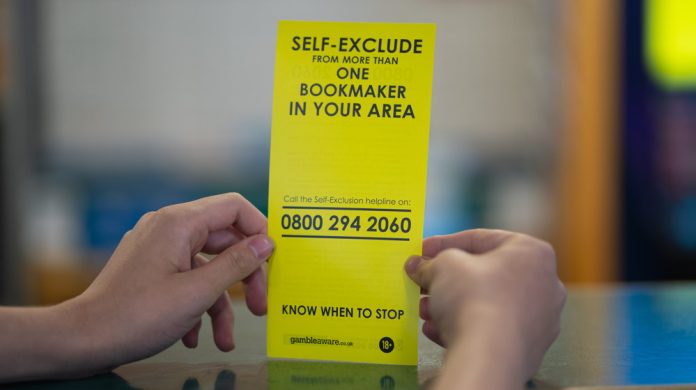GeoComply is funding a two-year research project for the International Center for Responsible Gaming that will examine the long-term effectiveness of voluntary self-exclusion programmes.
The ICRG President, Arthur B Paikowsky, has stated that there is a need for additional research to assess the prolonged efficacy of voluntary self-exclusion programmes, noting: “There is a necessity to determine whether enhancing these programs would result in more customer participation and whether this would be beneficial.”
To be published in October 2025, the potential topics of the research include:
- What is the most effective form of self-exclusion long-term?
- What is the ideal time for exclusion from a gaming property or site?
- What criteria should an operator or the state gaming commission use to decide if a person should be allowed back?
- Is “self-exclusion” a negative term that stigmatises and stops people from enrolling?
- What is the best method of registering? For example, does registering with security stop people in land-based casinos?
“We have been committed to responsible gambling initiatives since forming GeoComply over a decade ago,” added Anna Sainsbury, Co-Founder and CEO of GeoComply.
“We need more data to support the industry’s actions around RG, and I am really happy that we can support the ICRG’s research in this important area.”
Earlier this month, during an interview with Tomer Imber, Senior Director of Sales, US at Optimove, stated that igaming operators need to be more proactive when it comes to addressing problem gambling.










